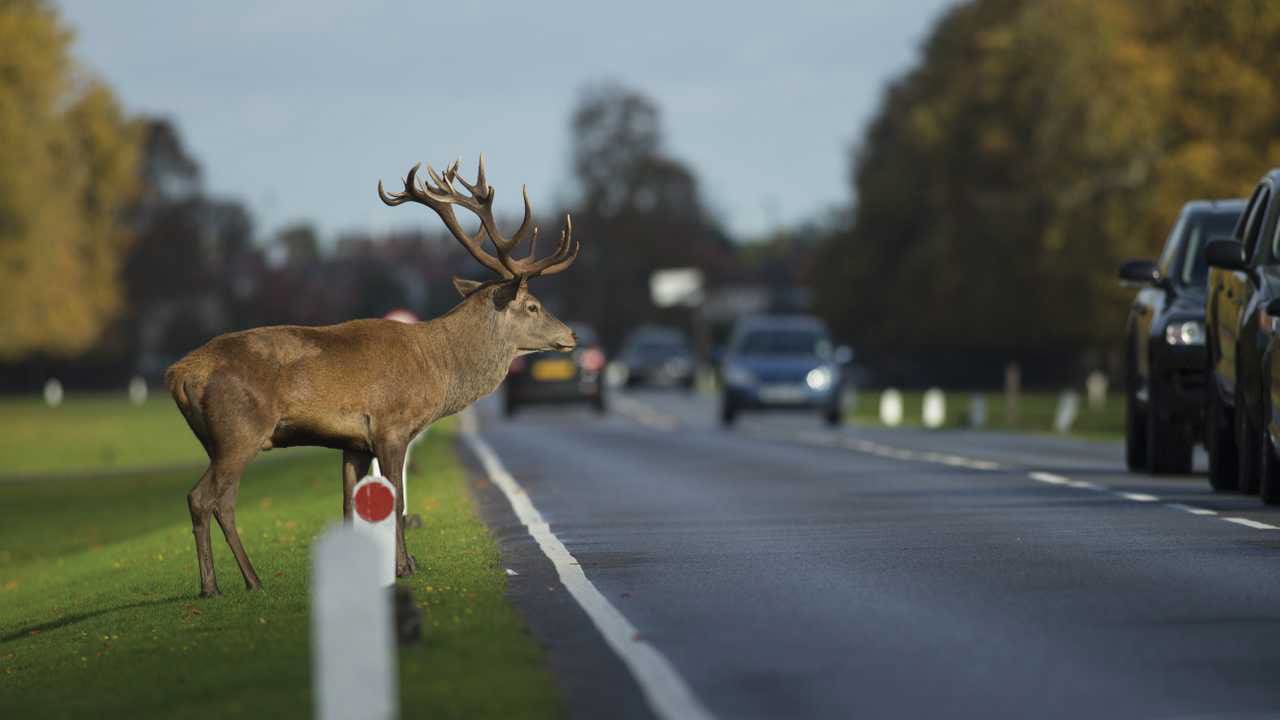
A fresh set of roadkill statistics hardly makes cosy reading as we contemplate January’s long hours of darkness. A Freedom of Information request to the Highways Agency on the extent of wild and domesticated animal deaths on UK roads unearths some depressing statistics.
The 2017 to 2018 data – the latest set available – reveals some 1,041 deer, 587 badgers and 551 foxes were reported to have been killed on major roads in England alone. And note the word ‘reported’ – in an era of cutbacks, privatised public services and lower levels of police monitoring, few would contest the figures are thorough. With a caveat that the data is not complete, Highways England says that the official tally, collated across 4,300 miles of trunk roads and motorways used by four million drivers each day, is “extremely low”.
We’re obviously not alone in this issue: across Europe, half a million animals are estimated to be road victims every year, and at a time when Coronavirus has led to quieter, more nature-encroached roads, this is no fluffy ‘woke’ issue purely for animal lovers. The risk of serious collision that follow animal incursion on the highway can’t be underestimated – and the bigger the animal, the bigger the human price.
With an estimated death toll of up to 20 people a year, Scottish Natural Heritage mapped more than 17,000 deer collisions between 2008 and 2018, noting that the final three years of data collection marked a 20 per cent rise in cases. “This may reflect the overall expansion in the range of deer, especially in the Scottish Lowlands and urban fringes over recent years,” explains the agency, which believes real-world deer-car collisions in Scotland are currently “at least 4,000 each year… with the true total likely to be closer to 12,000.”
With an insurance bill for at least £11 million annually, human injury accidents have been mapped. The Grampians rank alongside Loch Lomond and the Trossachs, with 31 human injury collisions between 2008 and 2017, but cases around Caithness and Sutherland, in the farthest north, blew them away: they reached 91 incidents.
For inspiration as to how we can reduce risk, another deer-collision hotspot lies south, in Staffordshire, where a pilot project to actively deter deer from roads at the beauty spot of Cannock Chase has shown positive results and is now being expanded. The scheme, trialled along the A513 near Shugborough, used sounds and lights which are triggered by vehicles to deter animals from the roadside.
“In its first year of usage, the scheme saw a 60 per cent decrease in night-time deer collisions with vehicles,” the project reported, with expansion of the scheme following in adjacent areas, boosted by extra signage from the British Deer Society Midlands.
However, a cheaper and more portable solution to repel deer, as well as other prey species with forward-facing ears, is available for motorists and necessitates just a few minutes of DIY at the front of your car. The small, plastic whistle can be affixed low on your car’s nose (ideally where it won’t get knocked off in a car wash) and will emit a sonic alarm as increasing speed forces air through the device. Typical examples, such as the ‘Save a Deer’ whistle, are cheap and easy to activate – and also work for foxes and bears (should you be worried about bears in your postcode). Inaudible to humans and often reaching ultrasound pitch, a deer whistle can project up to 300 metres ahead of a moving car.
But maybe speed reduction is the ultimate tool in the box? The British Mammal Society, which says that hedgehogs bear the brunt of vehicles at 29 per cent of UK animal road deaths (badgers scoring 25 per cent and foxes 19 per cent), believes faster roads can deliver catastrophe for some of our most treasured fauna: “It has been suggested that barn owls are unable to sustain viable breeding populations in close proximity to trunk roads and motorways, and that road casualties may even be responsible for suppressing the populations of some of our common mammal species on a local scale.”
As pet insurers record a two per cent in the rise of cat deaths since Coronavirus arrived – because cats are more complacent around quieter roads – perhaps it is time for a new mantra before every journey: think furry, not fury.
© Motorworld Media 2023
Registered Office: 4 Capricorn Centre, Cranes Farm Road, Basildon, Essex. SS14 3JJ
Company Number: 8818356
Website designed by Steve Dawson